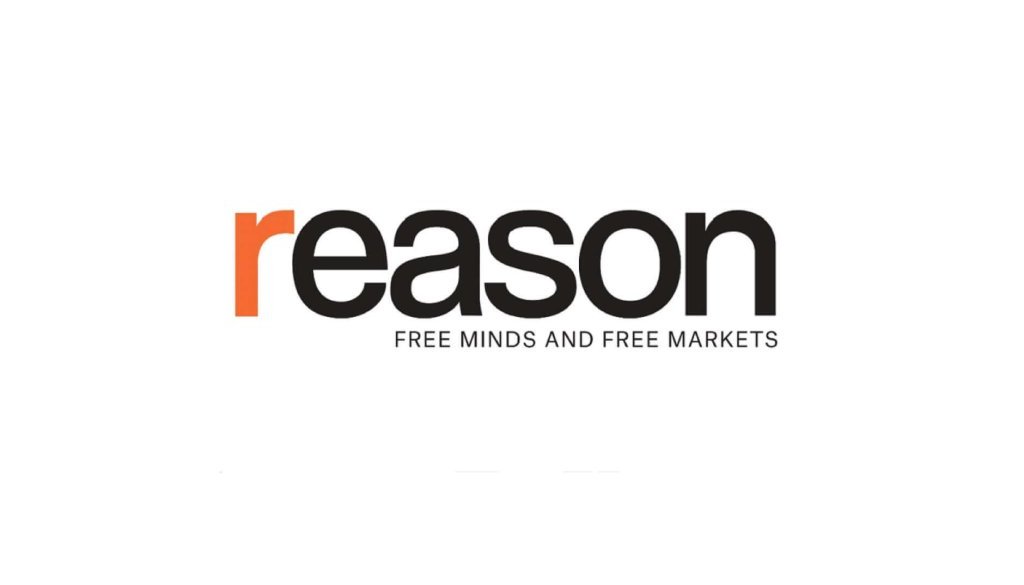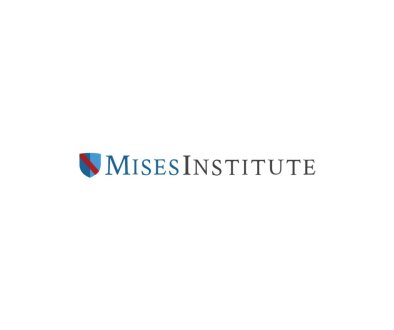Alleged Unindicted Coconspirator in Kickback Scheme Can’t Get Name Redacted from Court Opinion
From Judge Kevin Castel’s opinion Friday in United States v. Da Costa (S.D.N.Y.):
Non-party Leslie Nelson … moves to redact or anonymize all references to him contained in the government’s memorandum of law in opposition to defendant’s post-trial motions and the Court’s Opinion and Order of February 14, 2025 [available here -EV] …. Nelson also seeks an Order requiring the parties to anonymize future references to him in public filings and to seal his own filings in support of this motion…. [T]he Court concludes that the right of public access significantly outweighs the countervailing interests identified by Nelson. His sealing motion will be denied.
Familiarity with the charges against Wilson Da Costa and the underlying proceedings is assumed. On November 18, 2024, a unanimous jury found Da Costa guilty of one count of wire fraud and two counts of aggravated identity theft. On March 16, 2025, the Court sentenced Da Costa principally to a term of 84 months’ imprisonment. The charges against Da Costa related to the forgery of certain letter-agreements that were necessary to facilitate the so-called Angola Fast Power Deal. At the time, Da Costa was an executive at General Electric (“GE”), and one witness described him as GE’s “leader” in Angola.
Nelson was Da Costa’s manager at GE. The Opinion and the government’s memorandum of December 20, 2024 summarized some of the trial evidence concerning Nelson. Nelson and Da Costa participated in group text messages with the founder of AEnergia, Ricardo Machado. As recounted in the Opinion, the government submitted evidence that Da Costa and Nelson expected Machado to compensate them with side-payments for their work facilitating the Angola Fast Power Deal. Text messages received into evidence reflected frustration by Da Costa and Nelson that Machado did not pay them more than $5 million each. The Opinion quoted extensively from those messages.
Witnesses referenced Nelson throughout the trial, due in part to his position in GE’s corporate hierarchy, his involvement in the Angola Fast Power Deal, and his inclusion in group emails about the underlying transaction. By the Court’s count, eight trial witnesses referred to Nelson, and his name or image appeared in numerous trial exhibits. Da Costa also mentioned Nelson by name in his post-arrest interview and an audio recording of Nelson’s voice was received into evidence. The Court received into evidence portions of text messages between Da Costa, Nelson and Machado.
Nelson states that friends, acquaintances and business colleagues have questioned him about the references to him contained in the Opinion and the government’s post-trial memorandum. Nelson states that he previously had been contacted about his possible interest in seeking a position as a “high-level corporate officer” but that an attorney who conducted a background check on Nelson’s behalf recommended that he withdraw due to publicity about this case.
Nelson states that a reporter at a well-known African business publication has asked to interview him. He states that he is “concerned” that the references to him on the public docket will irreparably harm his reputation, damage his business and employment prospects and affect his family members. He urges that he has a strong privacy interest in redacting or anonymizing references to him in filings to the public docket, as well as a due process interest in not being associated with participation in an uncharged crime.
“Judicial documents are subject at common law to a potent and fundamental presumptive right of public access that predates even the U.S. Constitution.” “Circuit precedent further establishes that the public’s presumptive right of access to judicial records is also independently secured by the First Amendment.” … Indeed, “a presumption of openness inheres in the very nature of a criminal trial under our justice system.” “[S]uch access is critical as it enables the public to monitor the actions of the courts and juries to ensure ‘a measure of accountability’ and bolster ‘confidence in the administration of justice.'”
Nelson urges that the interests of privacy and due process outweigh any presumption of public access in this case. He principally relies on In re Smith (5th Cir. 1981), which
Article from Reason.com

The Reason Magazine website is a go-to destination for libertarians seeking cogent analysis, investigative reporting, and thought-provoking commentary. Championing the principles of individual freedom, limited government, and free markets, the site offers a diverse range of articles, videos, and podcasts that challenge conventional wisdom and advocate for libertarian solutions. Whether you’re interested in politics, culture, or technology, Reason provides a unique lens that prioritizes liberty and rational discourse. It’s an essential resource for those who value critical thinking and nuanced debate in the pursuit of a freer society.




